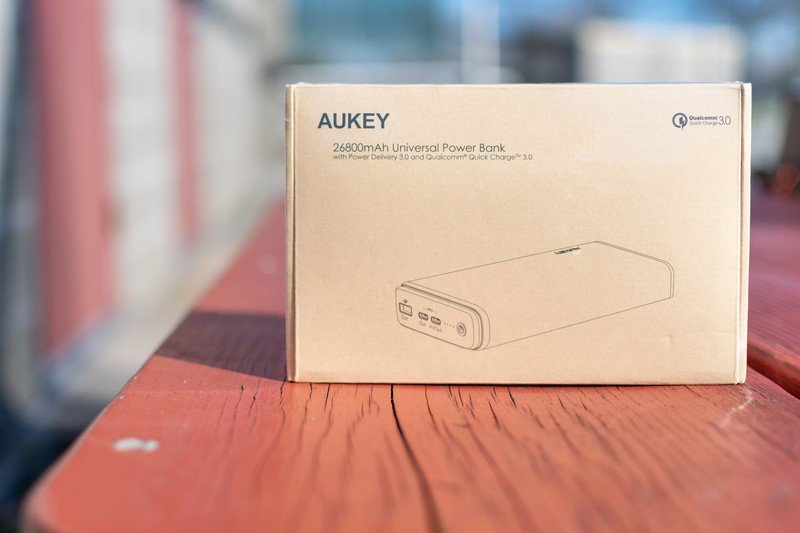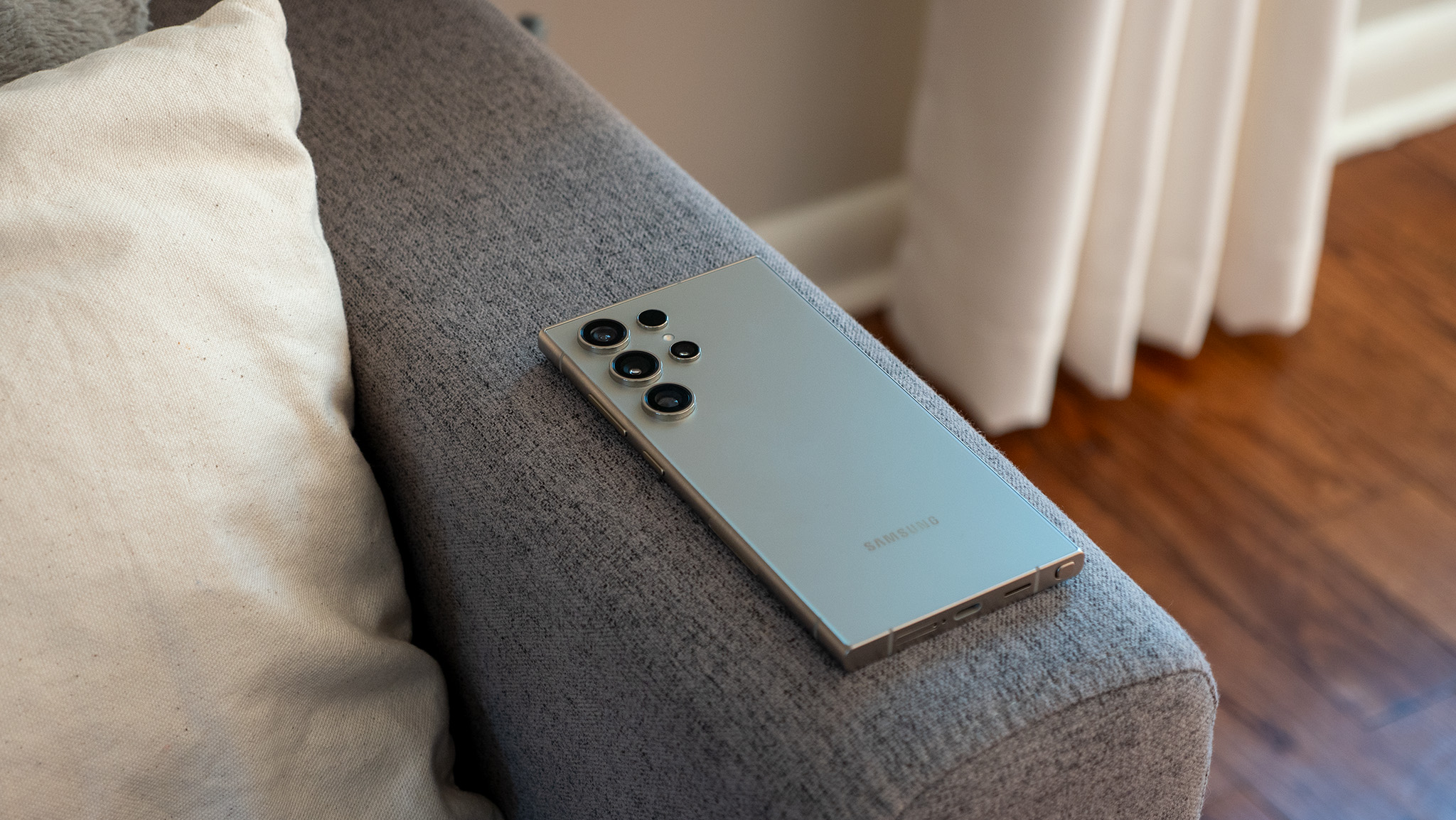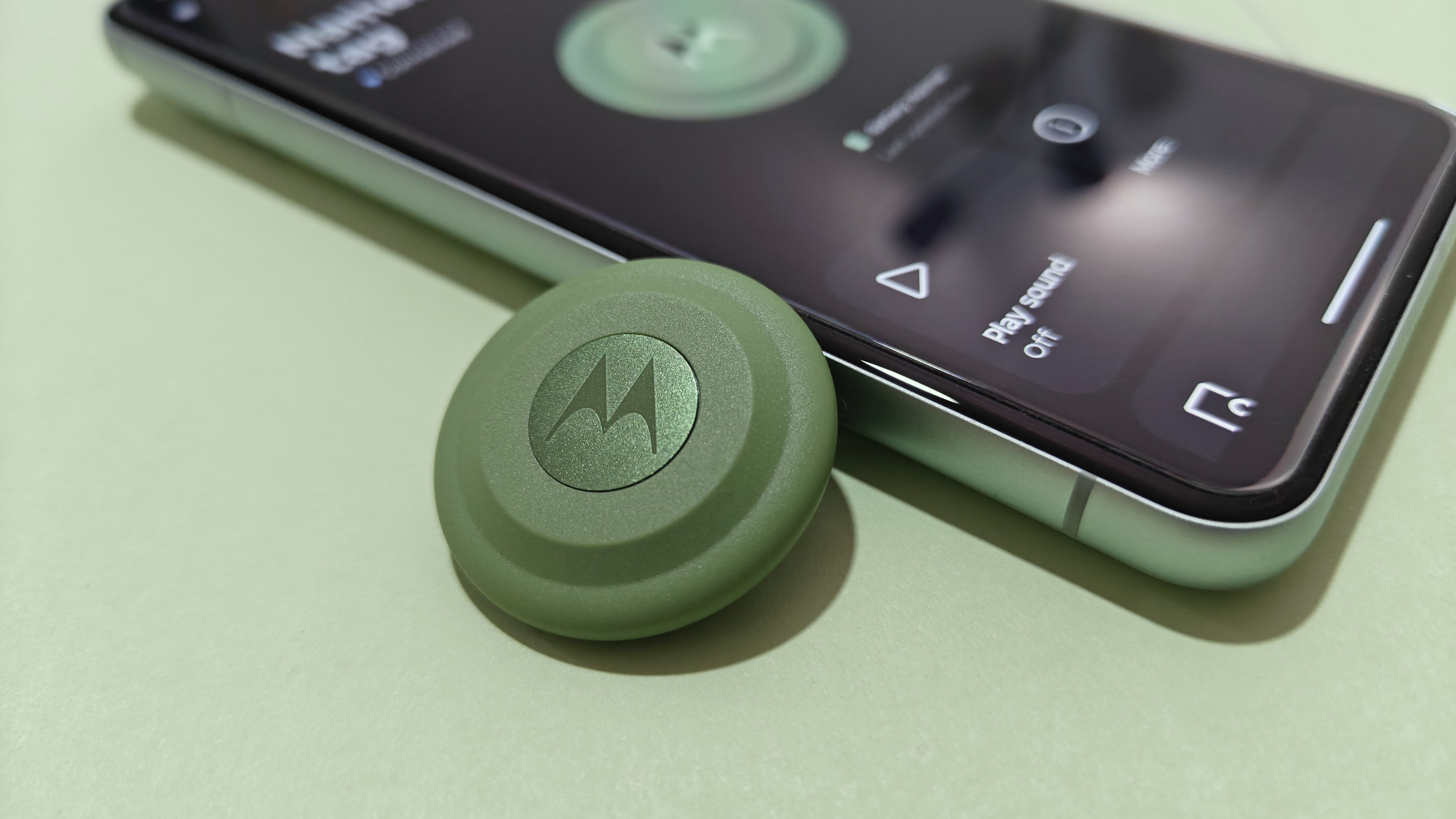Qualcomm is chasing Google when it comes to AI and your battery will be the victim
Faster charging is not the answer. Bigger batteries are.

Google's Tensor G4 chip is mediocre in every way but one. It's not as powerful as competing products from Qualcomm, MediaTek, or Apple. It doesn't have the same GPU that spits out numbers faster than software can use them. It's not even very efficient. It's not bad, and it certainly does its job in ways almost everyone can appreciate, but it's not some over-the-top super chip.
Except when it comes to AI. Google's AI in particular. Google has complete iron-fist-level control over its entire AI stack. It writes the software, designs the algorithms, controls what parts are off-loaded to a cloud-based server and it designed the NPU inside its in-house processor to best take advantage of it all.
The only company that might do something comparable would be Apple, once it weans itself off its dependence on OpenAI. Samsung could do it, but it is in the business of selling electronics and not building out AI tech on such a scale or working on its own mobile operating system.
Other companies are certainly capable of making advanced AI-capable chips. Qualcomm can do it and is doing it. They do a good job at it, too, by all accounts. Certainly, a good enough job to include much of Google's AI features alongside other features from companies like Samsung on the Galaxy S24.
I'm concerned, though, about the news that Qualcomm is going even harder into AI with the Snapdragon 8 Gen 4 and that Samsung reportedly seems determined to use it in every Galaxy S25 around the world. Not because it won't be capable or because I think Samsung should use a different chip.
The power for all this has to come from somewhere.

Supposedly, insiders know that devices using the Gen 4 will need 6,000mAh batteries because the chip is very power-hungry. High-density batteries using unnamed materials are close to reaching those numbers but who knows when this tech will be ready for release.
Get the latest news from Android Central, your trusted companion in the world of Android
Samsung will want to make the S25 as thin as possible because phone makers are convinced we want even thinner phones. Other manufacturers will follow the same playbook, even if it means using too-small batteries.
Often, we're told how easy and fast it is to top your phone off during the day because it charges so quickly whenever battery life is brought into question. That's a poor substitute for a bigger battery, especially for anyone who isn't around an outlet all day long. As a crutch, we need to buy portable batteries or deal with a phone that doesn't last long enough.
The answer is obvious, even if it will never happen. Make the phone thicker and include a bigger battery. If you insist on incorporating so much AI you need a chip capable of running it fast enough, you need to provide it. Or simply forgo some of the AI and realize that Google simply has an advantage in that space. Samsung doesn't need to match Google with AI to build a great product or even one that's better.
Google is never going to license its tensor SoC design nor will it try to write Android in a way that doesn't leverage its AI capabilities. That's Google's advantage and it knows it.
Forcing a phone that won't run all day without charging on your customers is not the solution and nobody is asking for AI features that might make it happen.

Jerry is an amateur woodworker and struggling shade tree mechanic. There's nothing he can't take apart, but many things he can't reassemble. You'll find him writing and speaking his loud opinion on Android Central and occasionally on Threads.
You must confirm your public display name before commenting
Please logout and then login again, you will then be prompted to enter your display name.
